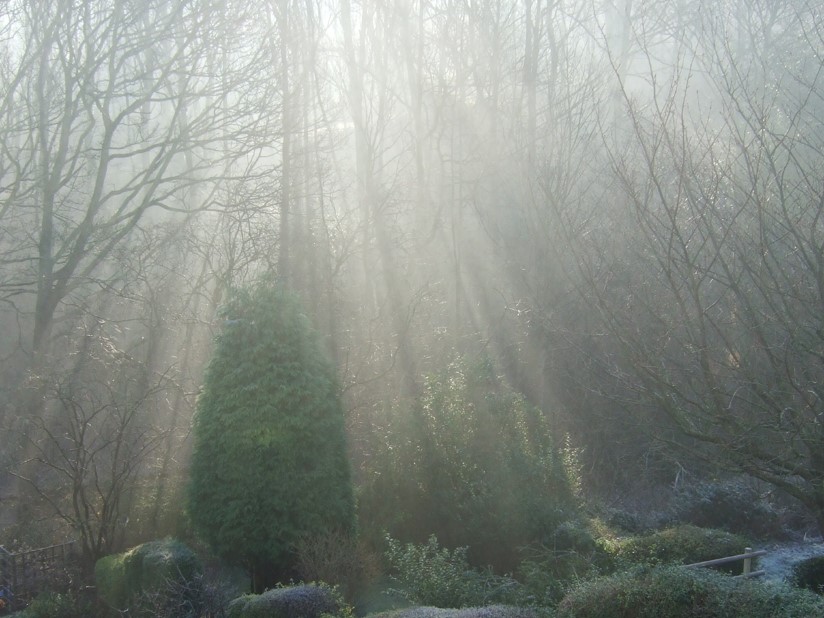
Nature Spirituality
What Does it Mean?
By
Silverspear
Nature spirituality regards the Earth and the cosmos as sacred. By recognising the sanctity of the natural world, our dependence upon it and our relationship with it, we believe that we can seek union with the Source of Life - what many people call God. Nature spirituality, however, is not an organised religion; it has no leaders, gurus or priests, and therefore is not hierarchical. Its purpose is not to pontificate on the nature of Deity or offer conjecture on the attributes of such an alleged Being. It places no special value on religious writings purporting to be the 'Word of God'.
A central feature of Nature spirituality, however, is the significance it attaches to our place in the ecology of our planet. It rejects the view that humankind is above Nature, or that the Earth was created for our benefit. Neither is our role in the world merely one of stewardship, a currently popular term with certain religious groups and often used to justify continued control over other species to satisfy human interests. Nature spirituality asserts that humanity is not superior, only different, to other life forms inhabiting our planet.
Nature spirituality recognises that the Natural World can be hostile and is not all sweetness and light. Many species survive at the expense of others and humanity is only another life form amidst many. However, evolution has enabled humans to apply reason and make informed choices normally denied to other life forms on our planet. This confers upon us a huge responsibility because we can choose to continue with our exploitative ways, or we can take steps to minimise our impact on the environment. Our responsibility also extends to the way we treat others.
How then can humans seek to attune themselves to Nature, and for what purpose? A popular and established method is through the celebration of seasonal changes appropriate to the climate in which we live. In the Northern hemisphere we have spring, summer, autumn and winter. Each season generates a specific energy. Spring, for example, is the season of new growth after the dormancy of winter. Through the practise of communal rituals, best conducted outdoors and close to woodland or relatively wild areas, we can attune ourselves to the revitalising energies of springtime. These energies fill us with optimism and refresh us physically, mentally and spiritually. It is not essential, however, to engage in formal rituals with others; a solitary individual, through meditation, can attune his or herself with the changing seasonal energies equally successfully.
Whether we seek to attune ourselves to these changes with others, or alone, we come to recognise and accept the cycle of life and death and vice versa. We also come to recognise that all seasons have both positive and negative features. The long days of summer may be what most individuals yearn for during the cold days of winter, but summertime, even in our climate, can be unbearably hot and humid. The onslaught of winter, of course, is a time of decay and barrenness but it can also be a time to concentrate on indoor activities - a time to study or redecorate one's home.
However, it is not merely for self-gratification or therapeutic purposes that we should attune ourselves to each of the seasonal changes. There is also a deeper spiritual aspect, referred to at the outset of this article, and that is to experience contact with the Source of Life - the Great Spirit that permeates and sustains the cosmos. Nature spirituality recognises that humankind has a profound sense of incompleteness; a feeling that somehow it belongs to and yet is estranged from a Higher Source. This sense of a lost connection does not imply transcendence or duality. There is no reason to suppose that this indefinable Spirit is outside of and above the Natural World. It may indeed be. But we have no way of knowing. Nature spirituality, therefore, makes no theological assumptions. It acknowledges, along with science, that what we call solid matter is actually an expression of energy. Nature spirituality does not speculate beyond that; it simply takes the world as it appears to us and rejoices in its beauty, mystery and sacredness.
END
|

